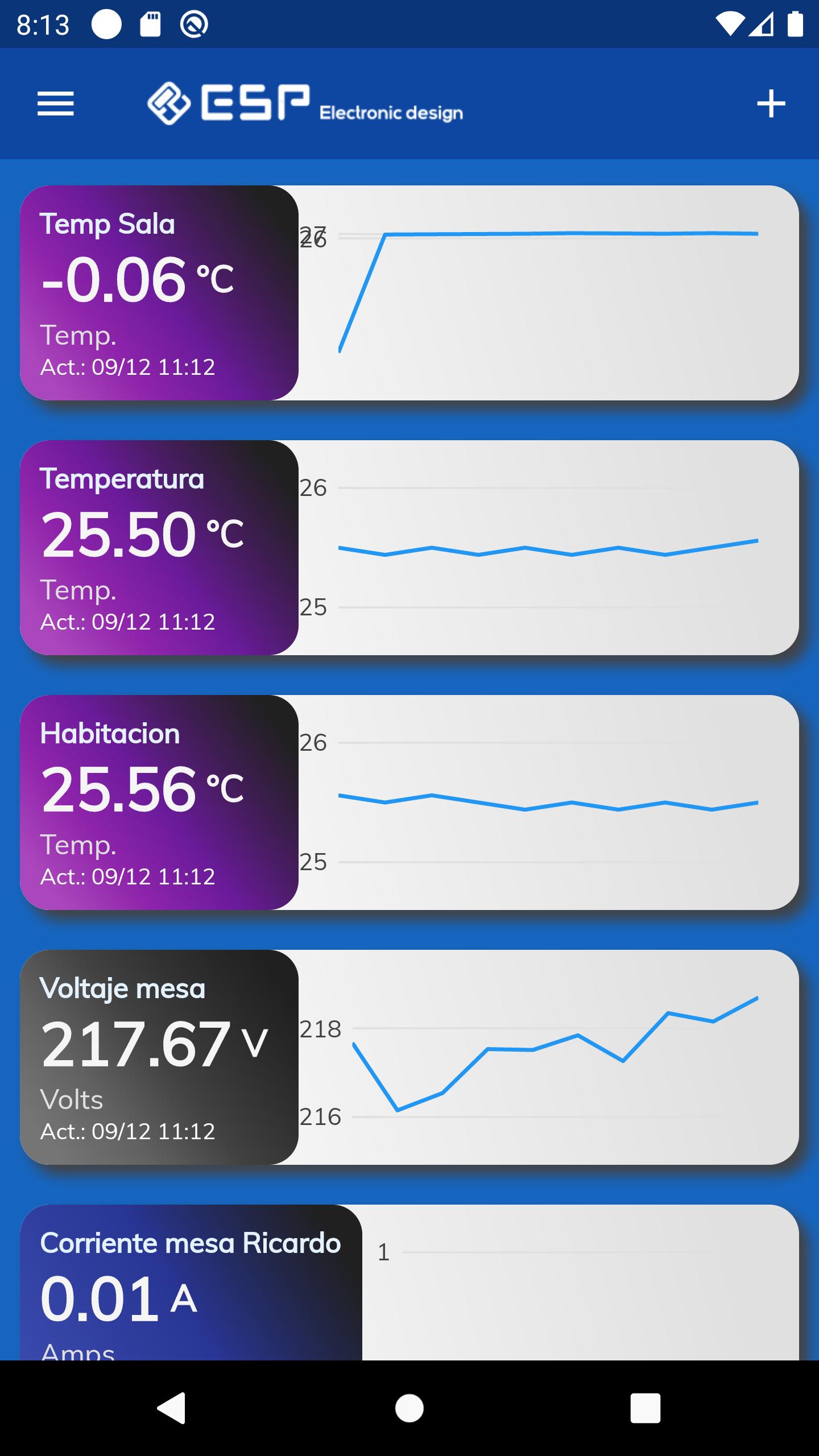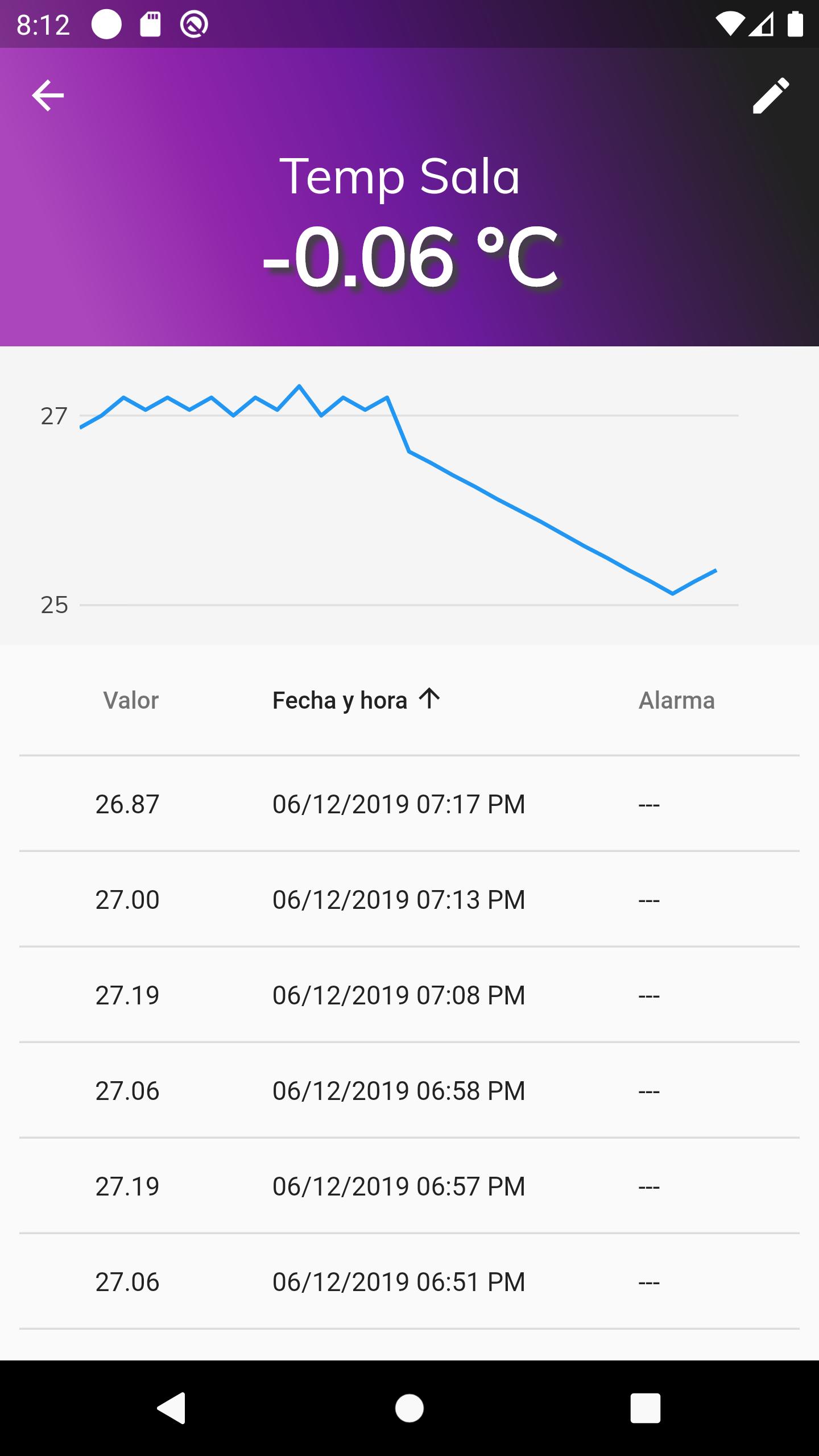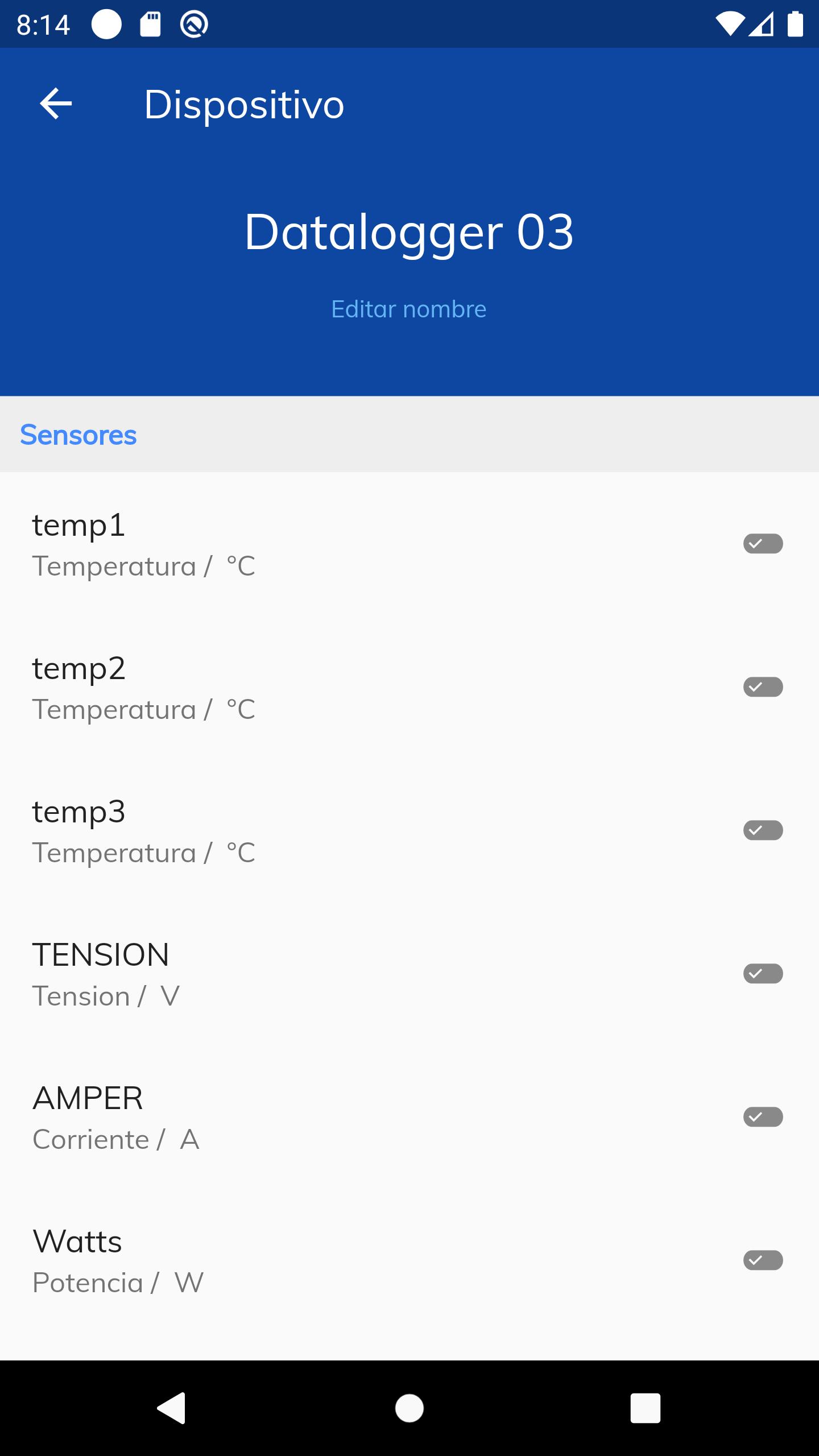Official application for ESP Design Iot devices
Official application for ESP Design Iot devices. With this app you can have control of your ESP Design devices, to monitor and alert and configure them in an easy and fast way.
ESPDesign: A Comprehensive Guide to Enhancing Your Engineering SimulationsIntroduction
ESPDesign is an advanced engineering simulation software that empowers engineers to optimize product designs, reduce prototyping costs, and accelerate product development. This comprehensive guide provides a detailed overview of ESPDesign's capabilities, workflow, and benefits, enabling engineers to leverage its full potential.
Capabilities
ESPDesign offers a comprehensive suite of simulation capabilities, including:
* CFD (Computational Fluid Dynamics): Simulates fluid flow, heat transfer, and combustion to optimize aerodynamics, cooling systems, and chemical processes.
* FEA (Finite Element Analysis): Analyzes structural integrity, stress distribution, and deformations under various loading conditions.
* CAE (Computer-Aided Engineering): Integrates simulation with CAD data, enabling design optimization and validation.
* Optimization: Employs algorithms to automatically improve designs based on specified objectives and constraints.
Workflow
ESPDesign follows a user-friendly workflow:
1. Model Creation: Import CAD geometry or create models within ESPDesign.
2. Physics Setup: Define simulation parameters, boundary conditions, and material properties.
3. Simulation: Run simulations to solve for fluid flow, structural behavior, or other phenomena.
4. Post-Processing: Analyze results, visualize data, and extract insights.
5. Optimization: Iteratively refine designs using optimization algorithms.
Benefits
ESPDesign provides numerous benefits for engineers:
* Improved Design Quality: Accurately predicts product performance, reducing the risk of costly prototypes.
* Reduced Development Time: Accelerates product development by eliminating the need for extensive physical testing.
* Cost Savings: Minimizes prototyping expenses and streamlines manufacturing processes.
* Enhanced Innovation: Enables engineers to explore innovative design concepts without the limitations of physical testing.
* Collaboration: Facilitates collaboration between engineers and designers, fostering knowledge sharing and design refinement.
Applications
ESPDesign finds applications in a wide range of industries, including:
* Aerospace: Optimizing aircraft aerodynamics, cooling systems, and structural integrity.
* Automotive: Designing efficient engines, reducing noise and vibration, and improving safety features.
* Energy: Simulating fluid flow in pipelines, optimizing wind turbine performance, and designing renewable energy systems.
* Manufacturing: Analyzing production processes, reducing waste, and improving product quality.
* Healthcare: Simulating blood flow, designing medical devices, and predicting drug delivery mechanisms.
Conclusion
ESPDesign is a powerful engineering simulation software that empowers engineers to enhance product designs, accelerate development, and reduce costs. Its comprehensive capabilities, user-friendly workflow, and proven benefits make it an indispensable tool for engineers in various industries. By leveraging ESPDesign's advanced simulation capabilities, engineers can optimize designs, reduce prototyping costs, and drive innovation to achieve optimal product performance.
Official application for ESP Design Iot devices
Official application for ESP Design Iot devices. With this app you can have control of your ESP Design devices, to monitor and alert and configure them in an easy and fast way.
ESPDesign: A Comprehensive Guide to Enhancing Your Engineering SimulationsIntroduction
ESPDesign is an advanced engineering simulation software that empowers engineers to optimize product designs, reduce prototyping costs, and accelerate product development. This comprehensive guide provides a detailed overview of ESPDesign's capabilities, workflow, and benefits, enabling engineers to leverage its full potential.
Capabilities
ESPDesign offers a comprehensive suite of simulation capabilities, including:
* CFD (Computational Fluid Dynamics): Simulates fluid flow, heat transfer, and combustion to optimize aerodynamics, cooling systems, and chemical processes.
* FEA (Finite Element Analysis): Analyzes structural integrity, stress distribution, and deformations under various loading conditions.
* CAE (Computer-Aided Engineering): Integrates simulation with CAD data, enabling design optimization and validation.
* Optimization: Employs algorithms to automatically improve designs based on specified objectives and constraints.
Workflow
ESPDesign follows a user-friendly workflow:
1. Model Creation: Import CAD geometry or create models within ESPDesign.
2. Physics Setup: Define simulation parameters, boundary conditions, and material properties.
3. Simulation: Run simulations to solve for fluid flow, structural behavior, or other phenomena.
4. Post-Processing: Analyze results, visualize data, and extract insights.
5. Optimization: Iteratively refine designs using optimization algorithms.
Benefits
ESPDesign provides numerous benefits for engineers:
* Improved Design Quality: Accurately predicts product performance, reducing the risk of costly prototypes.
* Reduced Development Time: Accelerates product development by eliminating the need for extensive physical testing.
* Cost Savings: Minimizes prototyping expenses and streamlines manufacturing processes.
* Enhanced Innovation: Enables engineers to explore innovative design concepts without the limitations of physical testing.
* Collaboration: Facilitates collaboration between engineers and designers, fostering knowledge sharing and design refinement.
Applications
ESPDesign finds applications in a wide range of industries, including:
* Aerospace: Optimizing aircraft aerodynamics, cooling systems, and structural integrity.
* Automotive: Designing efficient engines, reducing noise and vibration, and improving safety features.
* Energy: Simulating fluid flow in pipelines, optimizing wind turbine performance, and designing renewable energy systems.
* Manufacturing: Analyzing production processes, reducing waste, and improving product quality.
* Healthcare: Simulating blood flow, designing medical devices, and predicting drug delivery mechanisms.
Conclusion
ESPDesign is a powerful engineering simulation software that empowers engineers to enhance product designs, accelerate development, and reduce costs. Its comprehensive capabilities, user-friendly workflow, and proven benefits make it an indispensable tool for engineers in various industries. By leveraging ESPDesign's advanced simulation capabilities, engineers can optimize designs, reduce prototyping costs, and drive innovation to achieve optimal product performance.












